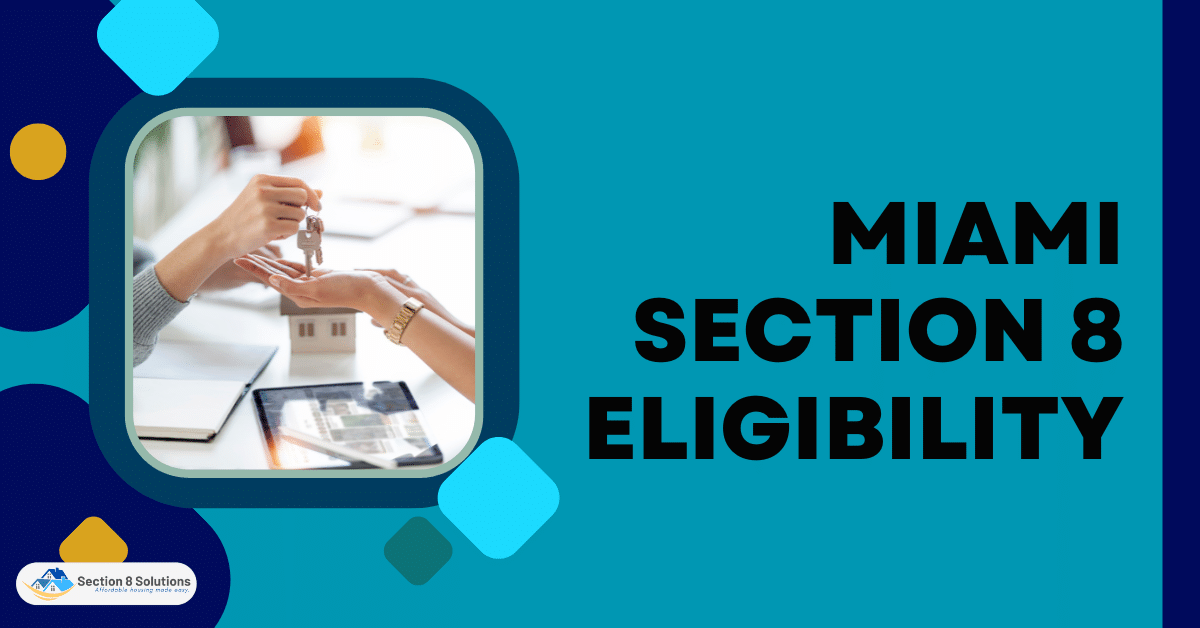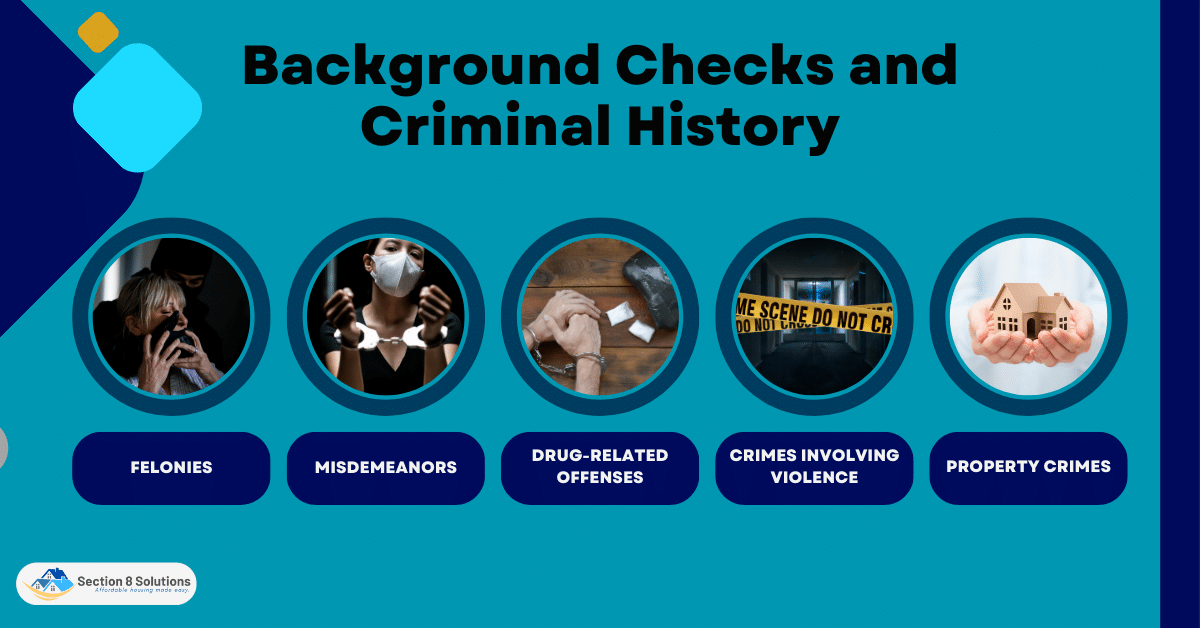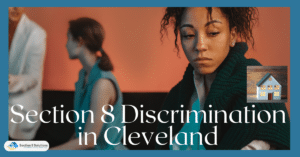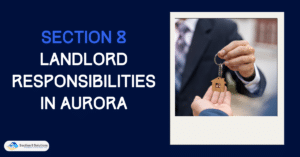Miami Section 8 eligibility is determined by various factors. Income is a crucial criterion, as applicants must fall within the designated income limits set by the Department of Housing and Urban Development (HUD). Additionally, applicants must meet the citizenship or eligible immigrant status requirements to qualify for Section 8 assistance in Miami.
In this blog, we will delve into the topic of Miami Section 8 eligibility and explore its significance in providing affordable housing options for low-income individuals and families.

Income Limits
In Miami’s Section 8 program, the Department of Housing and Urban Development (HUD) sets income limits that play a crucial role in determining eligibility. These limits take into account both the family size and the local area’s median income. Understanding the different income brackets and their impact on eligibility is essential for applicants.
The income limits are typically categorized as a percentage of the area median income (AMI). For instance, a household earning 50% or less of the AMI falls into the “very low-income” category, while those earning 80% or less are considered “low-income.” The specific income brackets may vary slightly depending on the local housing market and the current AMI.

Citizenship and Immigration Status
When it comes to Miami’s Section 8 program, eligibility extends beyond income. Citizenship and immigration status are vital considerations for applicants seeking rental assistance. Here, we will explore the requirements, documentation processes, and any exceptions or special considerations for certain immigrant categories.
To be eligible for Section 8 in Miami, applicants must be U.S. citizens or have eligible immigration status. U.S. citizens need to provide proof of citizenship, such as a birth certificate or passport. Non-citizens must demonstrate eligible immigration status, which can include lawful permanent residency (green card holders), refugees, individuals with asylum, or those with other protected statuses.

Background Checks and Criminal History
When assessing eligibility for the Section 8 program in Miami, background checks are conducted to evaluate an applicant’s criminal history. Understanding the types of criminal offenses that may affect eligibility and the relevance of these offenses is essential. Here, we will enumerate and explain the relevant types of criminal history.

1. Felonies
Felonies are serious criminal offenses that can have a profound impact on an individual’s eligibility for the Section 8 program in Miami. Offenses such as murder, rape, or drug trafficking carry substantial weight in determining eligibility due to the potential risks they pose to the safety and well-being of other residents.
Crimes such as murder, involving the unlawful killing of another person, are considered among the most severe felonies. The gravity of this offense raises concerns about the potential threat it poses to the community. Due to the paramount importance of ensuring resident safety, individuals convicted of murder may face disqualification from participating in the Section 8 program.

2. Misdemeanors
While misdemeanors are generally considered less severe than felonies, they can still have an impact on an individual’s eligibility for the Section 8 program in Miami. Certain misdemeanors, such as assault, theft, or domestic violence, may raise concerns about resident safety and potentially result in challenges to eligibility.
3. Drug-Related Offenses
Offenses related to drug manufacturing, distribution, or possession can significantly impact an individual’s eligibility for the Section 8 program in Miami. Due to the potential negative effects on the housing community, such offenses undergo close scrutiny during the eligibility evaluation process.
Drug manufacturing, involving the production or cultivation of illegal substances, is a serious offense that raises concerns about the safety and stability of the housing environment. The presence of drug manufacturing activities can pose significant risks to other residents, leading to potential disqualification from the Section 8 program.

4. Crimes Involving Violence
Offenses like assault, battery, or domestic violence raise concerns about resident safety in the Section 8 program. Housing authorities carefully consider the severity of these offenses when assessing eligibility, prioritizing the well-being of residents.
Each case is evaluated individually, taking into account the nature of the offense, time elapsed, and any evidence of rehabilitation. Transparent communication during the application process is crucial to address concerns and ensure fair evaluation for Section 8 eligibility.
5. Property Crimes
Offenses involving theft, vandalism, or arson may affect eligibility, as they can jeopardize the well-being and security of the housing community.
These offenses may affect Section 8 housing safety. Housing authorities examine the criminal type, severity, recency, and rehabilitation. Recent or repeated violations may count more in the eligibility determination, whereas candidates showing rehabilitation efforts may have a higher chance of overcoming specific prior convictions.

Housing Preferences and Waiting Lists
In Miami’s Section 8 program, housing preferences are available to cater to the specific needs of applicants. These preferences aim to prioritize certain groups, such as elderly, disabled, or homeless individuals, who may require specialized housing options. Additionally, understanding how waiting lists are managed and learning strategies to navigate them effectively can greatly benefit Section 8 applicants.
Housing preferences in Miami’s Section 8 program take into account the unique circumstances of different groups. This includes providing suitable housing options for the elderly, individuals with disabilities, or those who are experiencing homelessness. By giving priority to these groups, the program strives to address their specific needs and promote inclusivity.

Application Process and Additional Considerations
For rental assistance, Miami Section 8 applicants must follow many processes. Provide correct and up-to-date information, communicate with the housing authority, and keep appointments. Here’s the application procedure and key considerations:
- Determine Eligibility: Before applying, ensure you meet the eligibility criteria based on factors such as income, citizenship or immigration status, and background checks. Review the specific requirements outlined by the local housing authority.
- Gather Required Documentation: Collect all necessary documents, including identification, proof of income, birth certificates, social security numbers, and any other relevant paperwork specified by the housing authority. Ensure you have accurate copies of these documents.
- Locate the Housing Authority: Contact the local housing authority in Miami to obtain information about the Section 8 program and its application process. They will guide you on where and how to apply. Visit their website or call their office for specific instructions.
- Submit Application: Complete the Section 8 application accurately, providing all requested information and documentation. Submit the application by the designated deadline, either online or in person, following the instructions provided by the housing authority.
- Maintain Communication: Keep communication lines open with the housing authority. Notify them promptly of any changes in contact information, income, or family composition. Respond to any requests for additional information or documentation in a timely manner.
- Attend Appointments and Interviews: Attend housing authority appointments and interviews if arranged. Verifying information, discussing housing choices, and eligibility interviews are examples. Provide any needed information or documentation throughout these encounters.
- Follow-Up: Regularly check with the housing authority to inquire about the status of your application and any updates on waiting lists or available housing opportunities. Stay proactive and informed throughout the process.
Remember, Miami Section 8 applications need accuracy, honesty, and timely communication. Following these procedures and following any housing authority guidelines might increase your chances of getting Section 8 rental assistance.

Conclusion
In conclusion, Miami’s Section 8 program plays a crucial role in providing affordable housing options for low-income individuals and families. Eligibility requirements, such as income limits, citizenship or immigration status, and background checks, are carefully evaluated to ensure fair distribution of rental assistance while maintaining the safety and well-being of the housing community.
Understanding the income limits and how they apply to different household sizes helps applicants assess their eligibility. Providing accurate documentation and staying informed about the application process is essential for a smooth experience. Navigating waiting lists effectively requires proactive engagement and communication with the housing authority.












